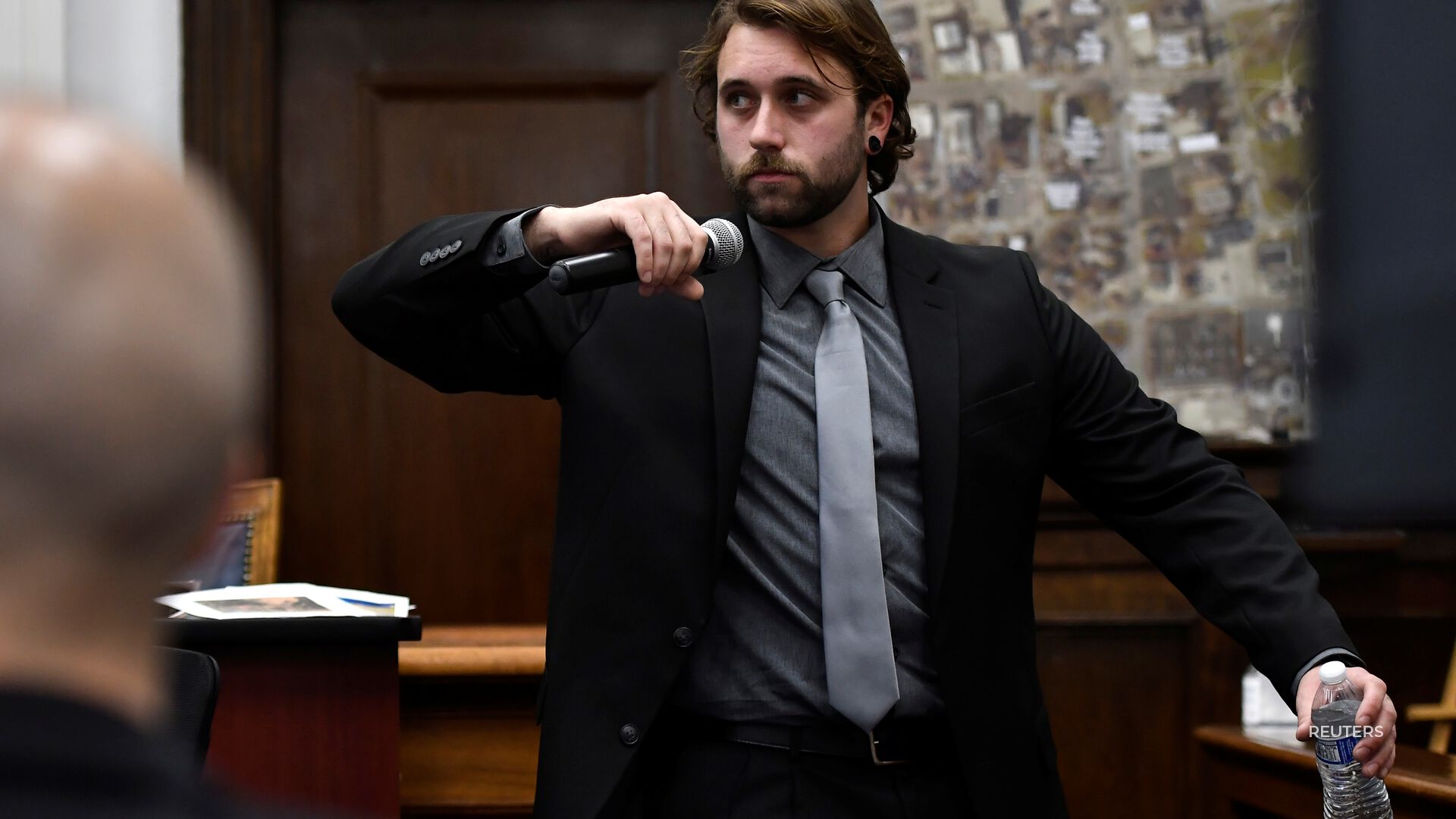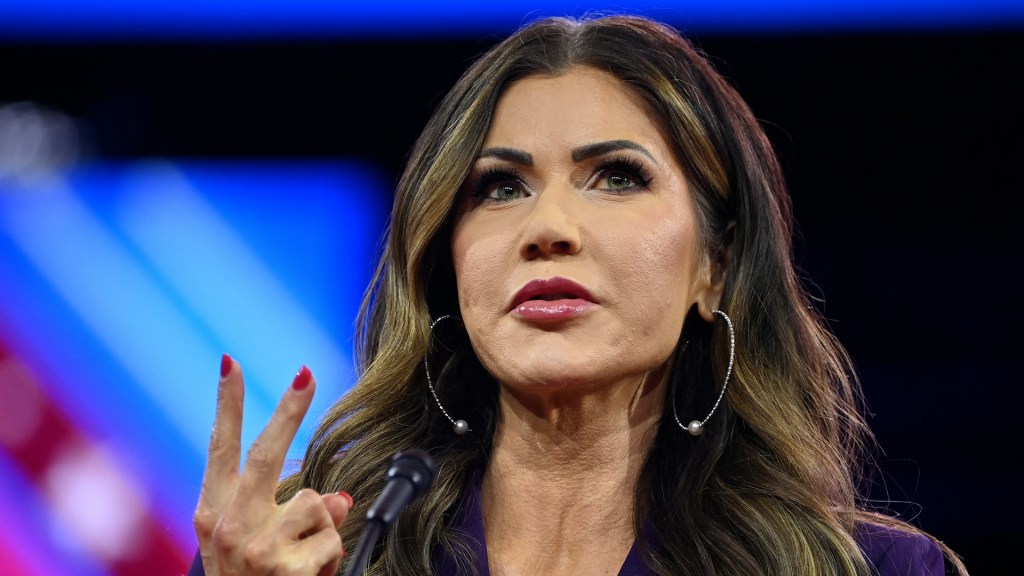
Thomas Binger, Assistant District Attorney (questioning shooting witness Gaige Grosskreutz): “Did you witness him fire a shot into Mr. Huber’s chest?”
Grosskreutz: “I did.”
Binger: “So, when you come upon the defendant at this point, do you recall what you were holding in your hands?
Grosskreutz: “I do.”
Binger: “What were you holding?”
Grosskreutz: “In my right hand, I had my Glock pistol. And in my left hand, I had my cellphone.”
Binger: “What was going through your mind at this particular moment?”
Grosskreutz: “That I was going to die.”
“Binger: “So after you raised your hands like this. You saw the defendant re-rack the weapon?”
Grosskreutz: “Correct.”
Binger: “What did you think was going to happen?”
Grosskreutz: “In my experiences and in my inference, in that moment for the defendant had pointed his weapon at me and I had put my hands in the air. Re-racking the weapon in my mind meant that the defendant pulled the trigger while my hands were in the air. But the gun didn’t fire. So then by re-racking the weapon I inferred that the defendant wasn’t accepting my surrender.”
Binger: “Did you feel that he was going to point the gun and shoot at you again?”
Grosskreutz: “Yes.”
“So after the defendant had re-racked his weapon with the rifle still aimed at me. At that moment I felt that I had to do something to prevent myself from being killed or being shot or killed. and so I decided that the best course of action would be for me to close the distance between the defendant and I.”
“I was never trying to kill the defendant. That was never, ever something that I was trying to do and that moment. I was trying to preserve my own life.”
“Like I said, that’s not the kind of person that I am. That’s not why I was out there. That’s not why it was out there for 75 days prior to that, why I spent, Up until that point I spent my time, my money, my education, providing care for people, that’s not, it’s not who I am, and definitely not somebody that I would want to become.”
Corey Chirafisi, defense attorney, questioning Gaige Grosskreutz, shooting survivor: “When you were standing three to five feet from him with your arms up in the air, he never fired, right?”
Grosskreutz: “Correct.”
Chirafisi: “It wasn’t until you pointed your gun at him, advanced on him with you gun, now with your hands down pointed at him that he fired, right?”
Grosskreutz: “Correct.”
Chirafisi: “You had said that you were looking for a non-lethal way to end this interaction.
Grosskreutz: “That is correct, yes.”
Chirafisi: “Yet you pulled your gun out and began, I’m going to use the word chase. You began chasing or running after a man who was running away from you. Correct?”
Grosskreutz: “That is correct.”
“Chirafisi: “You have now filed a lawsuit in federal court. Is that right?”
Grosskreutz: “That is correct.”
Chirafisi: “Did you read that?”
Grosskreutz: “Yes, I did.”
Chirafisi: “In that document. You again failed to mention that you possessed a firearm. Is that right?”
Grosskreutz: “That is correct.”
Chirafisi: “So you, in these documents that you are filing in the courts, you are leaving out the fact that you had possessed a firearm when this when you were shot? Right?”
Grosskreutz: “That is correct.”
Chirafisi: “And this is so to be fair. This is your testimony today. And how this case turns out has a has an impact on your ability to try to collect your ten million. Right?”
Grosskreutz: “That’s correct.”
Chirafisi: “So if he’s convicted, Mr. Rittenhouse is convicted. Your chance of getting 10 million bucks is better. Right?”
Grosskreutz: “I’m not entirely sure how that plays out. “






